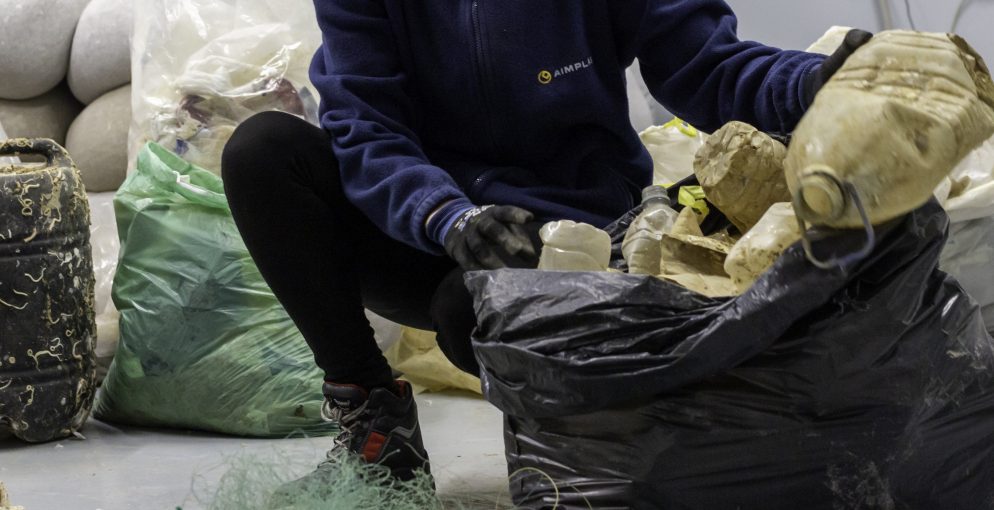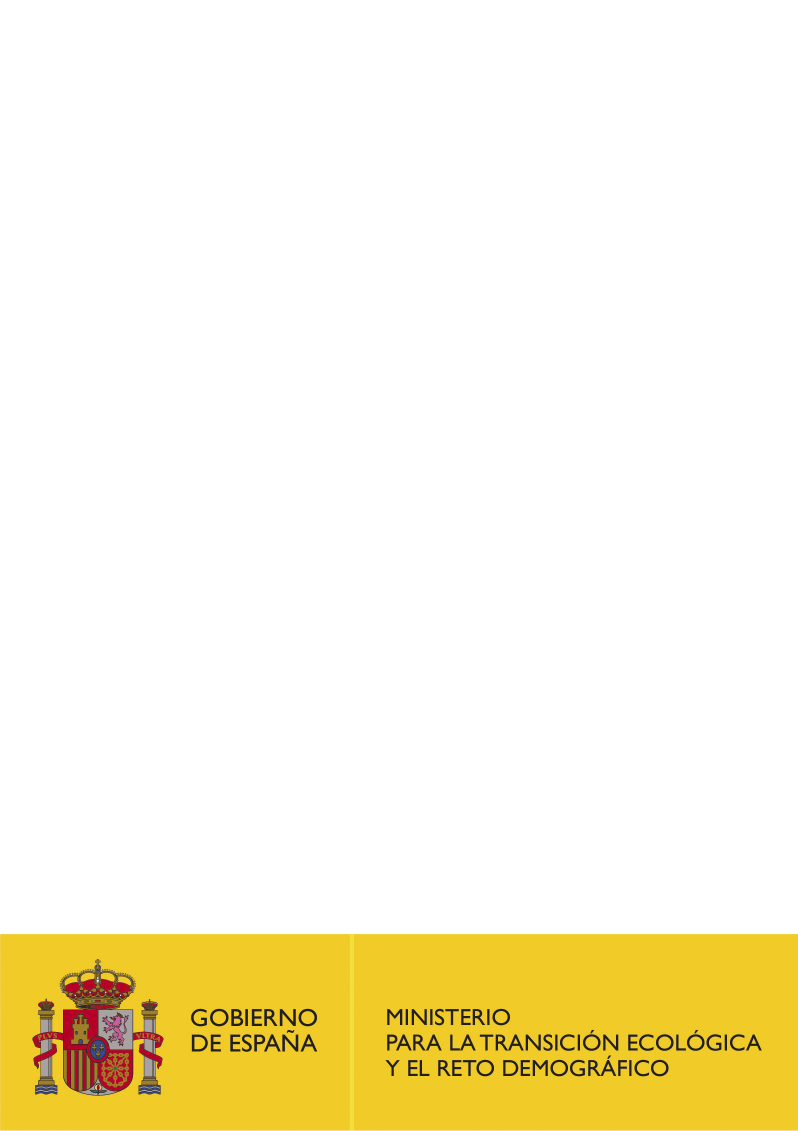The RepescaPlas project, after completing its second year with the collection of five tonnes of marine waste, has begun its third phase in which it is hoped to obtain new products from the waste collected through pyrolysis.
In its third year, the Fundación Valenciaport has joined the project with the aim of replicating the model in other fishermen’s associations through the action protocol set out in the guides that will be drawn up.
The RepescaPlas project has completed its second year with a balance of 5000 kilos of marine waste recovered from the waters of the ports of Marín in Galicia, La Restinga on the island of El Hierro and Gandía in Valencia.
Through the MARNOBA platform, the recovered objects have been characterized by typologies and the areas of waste recovery by fishermen have been geolocated. With this information, an attempt will be made to define a map of densities of marine waste on the bottoms studied. At the same time, an ecotoxicological study has been carried out with different types of waste, the results of which have not detected high levels of toxicity for any of the marine organisms used in contact with these wastes
In addition, the waste recovery process has been carried out, thanks to which a composting machine has been made from low-density polyethylene, using 50% recycled material and marine waste. With PET, merchandising pieces have been created to disseminate the project with part of the material from the marine waste itself and with recycled material.
In the third year of the project, which will be developed during this year, with the participation of the Valenciaport Foundation, the objective is to replicate the methodology in three more fishing entities, for which protocols will be developed with which a series of action guides will be drawn up.
As regards the recovery of the recovered waste, its mechanical recycling will be optimised to improve the properties of the material obtained and to increase the percentage of marine waste that can be incorporated into the final products. Furthermore, the objective of RepescaPlas 3 is to go one step further and apply chemical recycling technologies such as pyrolysis to obtain new products that can be used by the guilds themselves. In this sense, the installation of plants in the ports themselves for obtaining fuel that can later be used by boats will be analysed, which would be a magnificent example of Circular Economy.
The RepescaPlas Project, in which AIMPLAS, the Vertidos Cero Association, the Fishermen’s Guild of Gandía, the Fishermen’s Guild of La Restinga, Global Nature Foundation, Fundación Valenciaport, Port of Marín and the University of Vigo are participating, is being developed with the collaboration of the Fundación Biodiversidad, of the Ministry for Ecological Transition and Demographic Challenge, through the pleamar program, co-financed by the FEMP.


